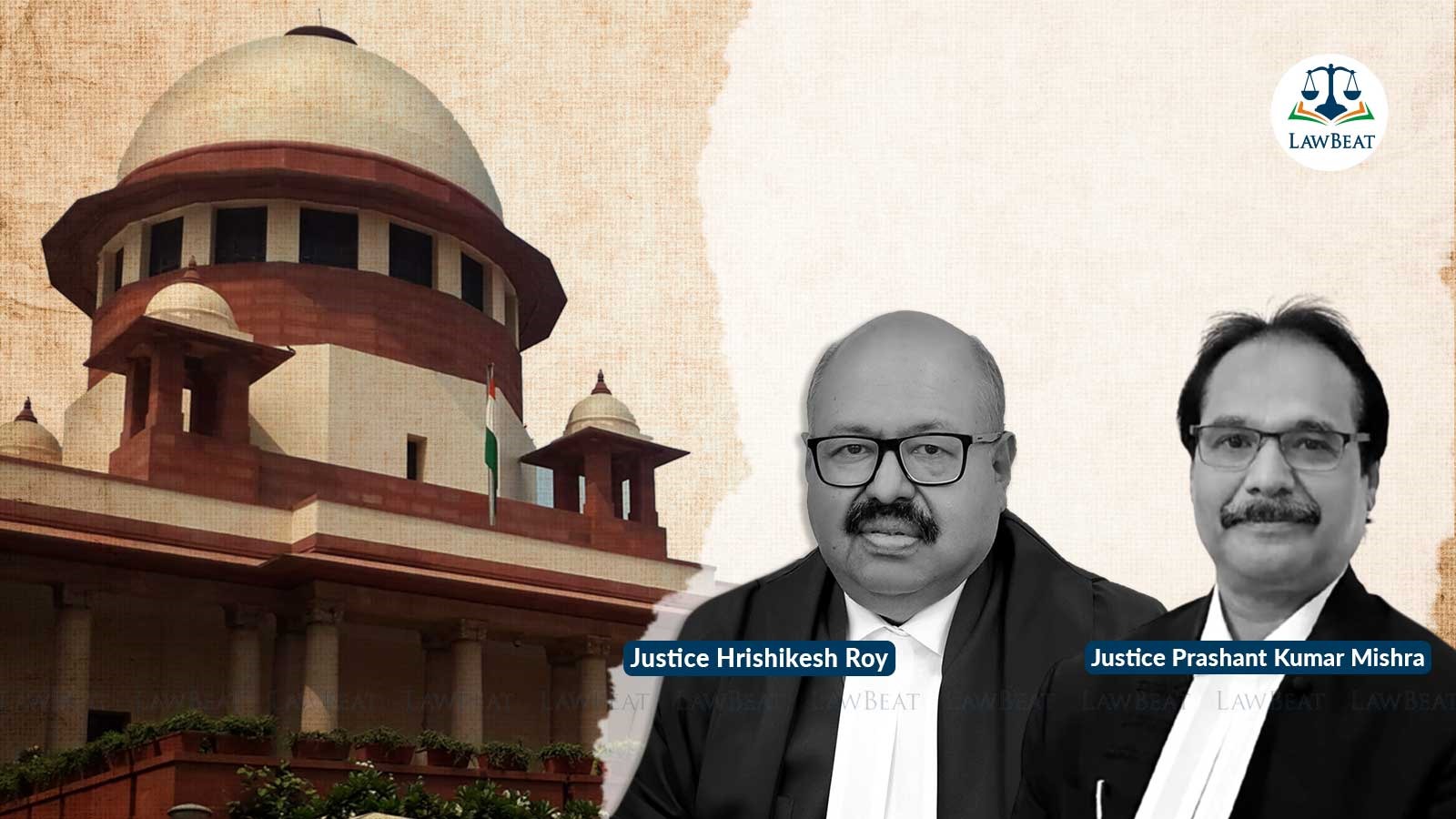Can married sister-is-law be held responsible for domestic violence? SC to examine

The woman, on her part, referred to the complaint to point out that the sister-in-law although was residing in her matrimonial home nearby, used to spend her whole day in the informant’s shared household
The Supreme Court has decided to examine the legal issue whether a married sister-in-law residing in her own matrimonial home can be roped in as a party in a domestic violence case by an aggrieved woman.
A bench of Justices Hrishikesh Roy and Prashant Kumar Mishra issued notice to the sister-in-law, acting on the woman's plea against the discharge by the Bombay High Court's order of February 14, 2024.
The petitioner-woman was the informant in the case. She was aggrieved by the order of discharge of her married sister-in-law by the magistrate.
The high court restored the order of discharge. The reason for the discharge in the Domestic Violence case was that the married sister-in-law did not reside in the shared household as she was a married lady and was residing nearby in her own matrimonial home.
The woman, on her part, referred to the complaint to point out that the sister-in-law, although residing in her matrimonial home nearby, used to spend her whole day in the informant’s shared household.
Moreover, the allegation against her was same as those against the informant’s husband and the in-laws, her counsel said.
The counsel placed reliance on the Supreme Court's judgment in the case of Prabha Tyagi Vs Kamlesh Devi, reported in (2022) to contend that a married sister-in-law need not be excluded only because, she resides in her matrimonial home if, it is a case where the same married sister-in-law is a frequent visitor in the shared household of the victim.
The court, while deciding to consider the matter, sought a response from the married sister-in-law within four weeks.
The high court, in its order, had said there is no case of domestic violence made out qua the married sister-in-law.
"There was no subsisting domestic relationship and the petitioner (married sister-in-law) could not have been arrayed as respondent in the DV application. The mere visits of the petitioner to the shared household being devoid of any permanency is not sufficient and adequate to constitute residence in shared household. Even otherwise considering the pleadings in the applications read with the reliefs, there is no case of domestic violence made out qua her," the high court had said.
